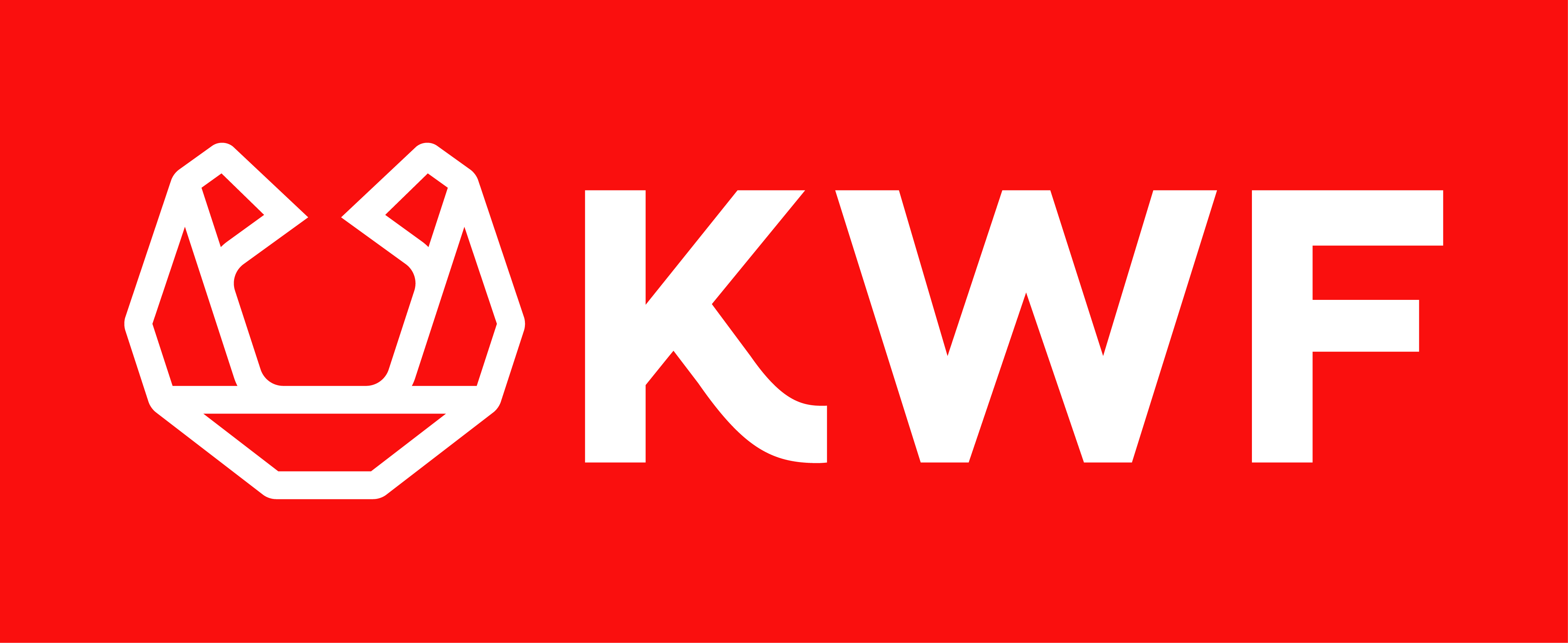Academic or commercial route?
Updated
by Eveline Noteboom
One key factor in designing the development route of your novel application, is deciding whether the development is best served by following an academic or a commercial route. Independent of what the final route will be, it is important to make a conscious decision about it early on in the track. Switching at a later stage may prove very difficult.
The first element to consider early on is the Intellectual Property (IP), your TTO can help you with this.
An overview of all TTOs in the Netherlands can be found here
To help you get started, here are some FAQs
I am not in it for the money, why should I consider a commercial path?
What is IP, and why is it so important?
If you own a patent for a technology, other parties cannot make, sell or use that technology without your consent. This is often crucial for development via the commercial route because:
- This greatly impacts your competitive position
- It is often a critical factor in attracting investors
- If you want to allow others to use your invention, you can provide them with a licence. This can be commercially interesting, because you can charge for that
What is a TTO, and why should I contact them?
- sharply defining the finding: what is the novelty? what is the potential value?
- deciding if and at which stage your findings should be protected by IP rights
- filing the patent
- setting up a strategy for further commercialization
- defining which commercial parties could be interested in your finding
If you are employed by a University, this organisation is in principle at least the partial rightful owner of IP rights of your findings. The TTO oversees the IP strategies of the University and is therefore always involved at some point, in patent applications involving university employees.
An overview of TTOs in the Netherlands can be found here
When is the right time to consider filing a patent and/or contact my TTO?
- Novel: the finding is not disclosed in the public domain, and no other patent application has been filed on the idea
- Non-obvious: the invention must not be easily perceived by a person of expertise in that invention’s particular field
- Useful: an invention must work and serve some type of purpose
Which parties can help me with the valorization of my findings?
- what is the novelty of my finding?
- what is the potential value? How big is the potential market?
- if and at which stage should your findings should be protected by IP rights?
- what is a sane setting up a strategy for further commercialization?
- which commercial parties could be interested in your finding?
In some cases your TTO may not have enough manpower and/or expertise in your specific area to help you with these questions. There are other parties that can help you. Note that some of these may not be free of charge. Consulting such a party can however be part of the budgetplan in your application at KWF, if correctly substantiated.
Experts for the early phase: assessing marketing potential and designing commercialization strategy
TTOs
Oncode
NLC
Thinc
Experts assessing medical need, applicability and cost-effectiveness
Thinc
HI-NL
iMTA (HTA expertise)
I want to learn more on business-development, where can I get education and training?
